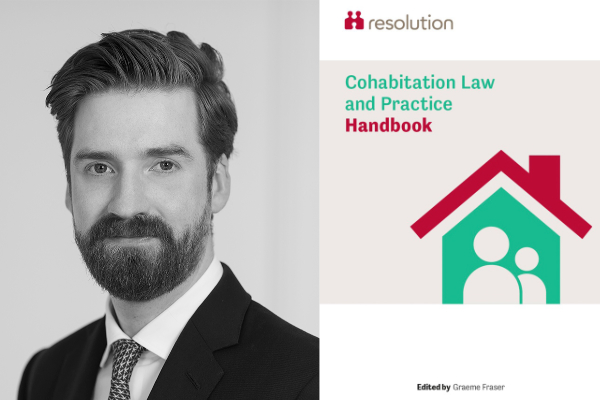Calum Smith acted for the successful husband in the recent decision of HHJ Farquar in AB v CD v EF (Beneficial Interest Application) [2025] EWFC 191 (B).
This was a case concerning expensive arguments about a relatively inexpensive plot of land, but one which Mr AB could not concede.
Mr AB and Mrs CD purchased the land, which was situated adjacent to their family home, at the very outset of their relationship. They shared the cost of its purchase. However, in a plan to save a modest sum of Stamp Duty, the parties registered the land in the name of Mr CD’s son from a previous relationship, Mr EF.
When the parties separated, Mrs CD and Mr EF asserted that the land belonged to Mr EF absolutely and that the land had been a gift, amongst other things, to help Mr EF feel part of the family.
In his judgment, HHJ Farquar described the wife as “the most contemptuous and dismissive former partner that I have come across in my 20 years of being a judge” before concluding that Mrs CD had attempted to ‘over egg the pudding’ in her oral evidence. He added that Mr EF was loyal to, and ‘in the thrall’ of, his mother, such that he would follow her lead if it was required, and that is what had occurred on this occasion. Her story had been made up.
Accordingly, Calum secured an overwhelming victory for Mr AB, succeeding on his primary case (that there was a Common Intention Constructive Trust that the land was to be shared by the husband and wife and not Mr EF) and his alternative case (that there was a Purchase Money Resulting Trust arising out of the parties financial contribution towards the acquisition of the land). Mrs CD and Mr EF were also ordered to pay Mr AB’s costs.
As well as the law on third-party interests in land, the judgment addresses the test to be applied when a party seeks to rely on their own illegality to establish an equitable claim.






